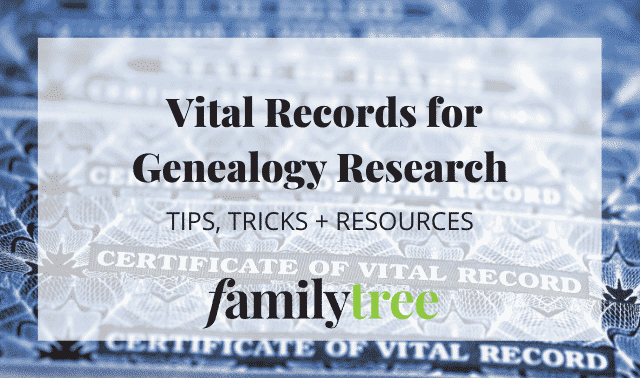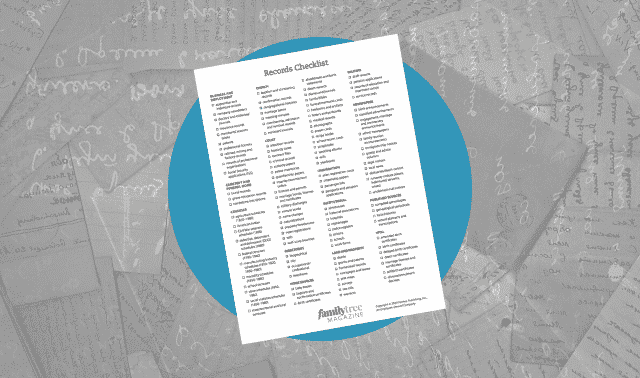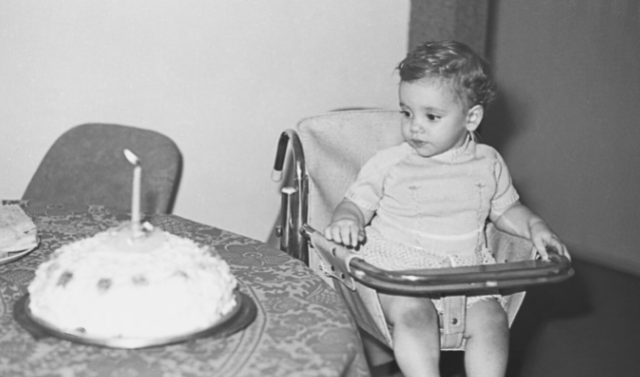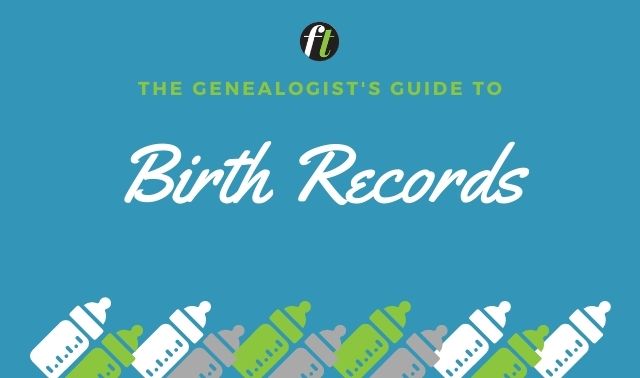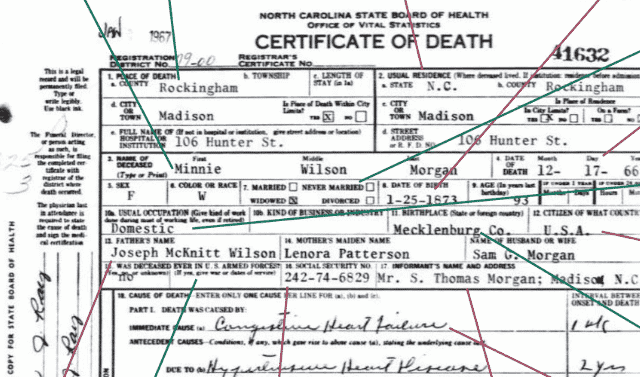Sign up for the Family Tree Newsletter! Plus, you’ll receive our 10 Essential Genealogy Research Forms PDF as a special thank you.
Get Your Free Genealogy Forms
"*" indicates required fields
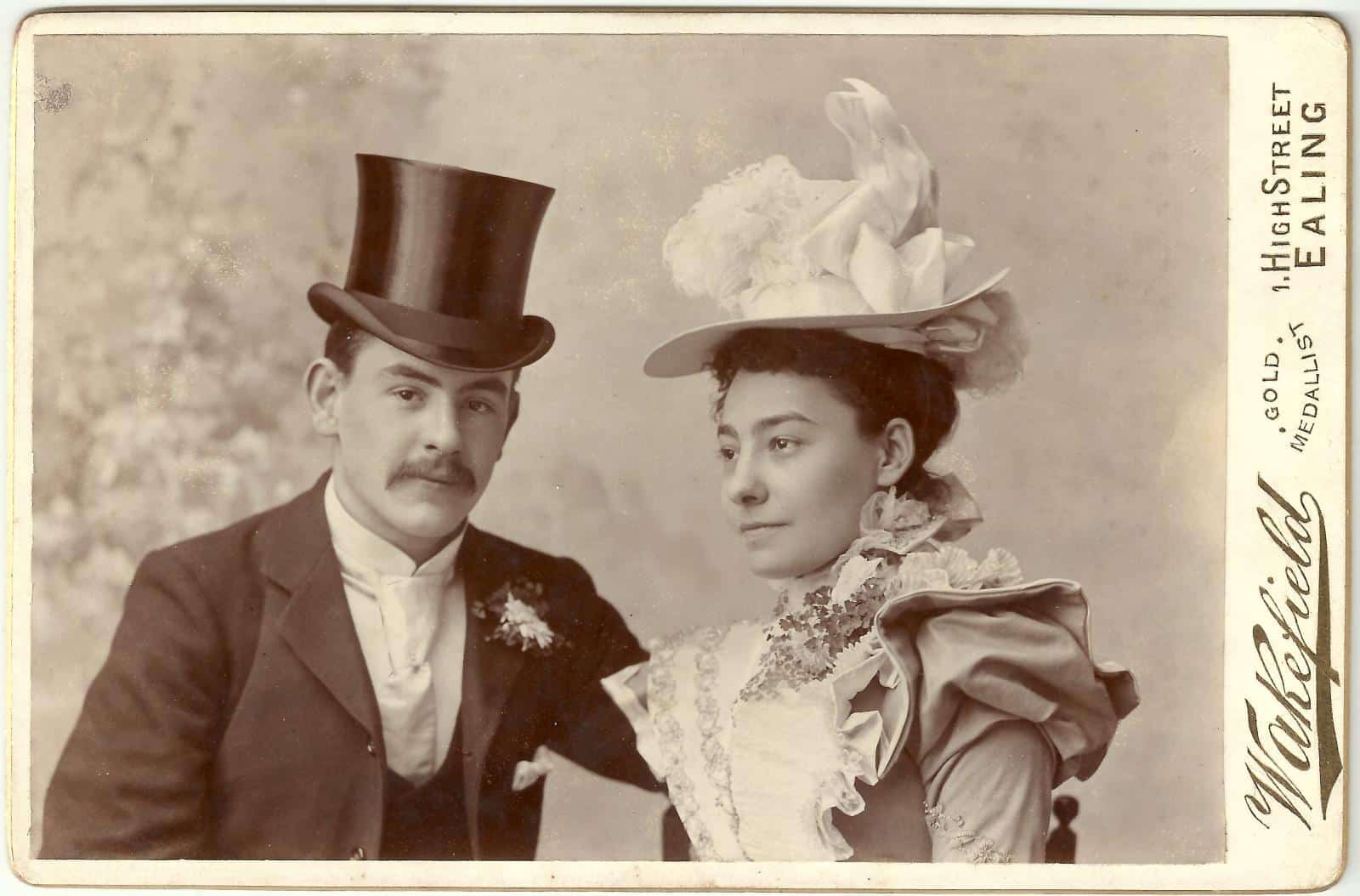
Q: How do you find a person’s parents if you can’t find his birth or marriage certificate?
A: Finding an ancestor’s parents when vital records run out often requires a two-step process. First, you need to identify parent candidates who might plausibly fit. Examine censuses, old newspapers, land records and published histories for individuals with the same (or a similar) surname who lived in the right place at the right time. You don’t necessarily have to go all the way back to your known ancestor’s childhood years. (Offspring tended to live near their parents well into adulthood.) You’ll be looking primarily for potential fathers, with hopes of identifying their spouses later. For example, if ancestor Joel Stowe lived in Surry County, N.C., in the 1840s, and you find a nearby Abraham Stow 1840 census at about the right age to be Joel’s father, consider Abraham a candidate.
Once you have a name to investigate, step two is to explore documents that might prove a link between Abraham and Joel. Ideally, you’d find Abraham’s will naming Joel as an heir. Failing that, look in land records for transactions involving Abraham that also mention Joel—perhaps identified as his son. Other possible resources include family Bibles and (depending on ages) Revolutionary War pensions.
If Abraham left a widow, try to link her to Joel. Work sideways, too. If you know the names of Joel’s brothers and sisters, look for evidence that Abraham was their father.
Look for resources specific to the area you’re researching. For example, in North Carolina, the state archives and state library’s Digital Collections include marriage and death notices, family Bibles, cemetery records and submitted genealogies. Also check for links on the FamilySearch Wiki entry for North Carolina.
Related Reads
A version of this article originally appeared in the January/February 2019 issue of Family Tree Magazine. Last updated: September 2024

